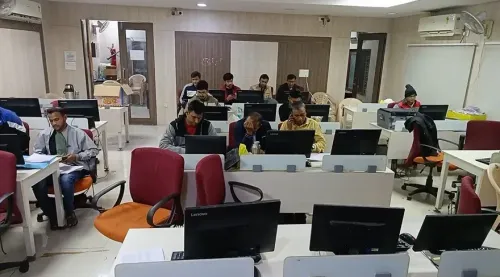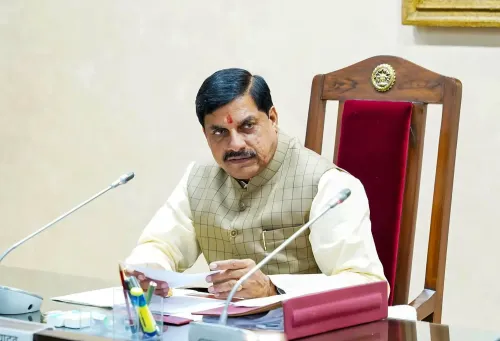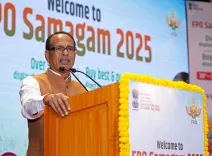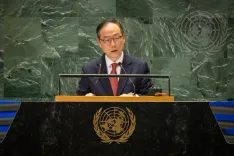Did Fares Really Rise More During Mayawati's Tenure?
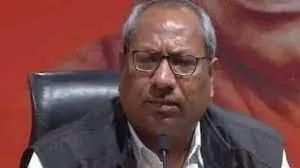
Synopsis
Key Takeaways
- Fare hikes were more frequent during Mayawati's tenure.
- Current administration refrained from fare increases for years.
- Investment in infrastructure is essential for safety and efficiency.
- Generated funds will enhance passenger amenities.
- Public welfare must remain a priority amid fare adjustments.
New Delhi, July 2 (NationPress) Uttar Pradesh Minister Sanjay Nishad responded to Bahujan Samaj Party (BSP) President Mayawati's critique of the recent railway passenger fare hike, asserting that fare increases were significantly more common during her administration.
Mayawati had previously criticized the Central Government for the fare increase that took effect on July 1, labeling it "against the general public interest" and demanding an immediate rollback.
She described the decision as a "business-minded approach" that neglected the welfare goals outlined in the Constitution.
In a pointed response, Minister Nishad remarked, "During their time, fares rose consistently, every year from 2004 to 2024, with the backing of Mayawati Ji. My administration has not raised fares in a long time. Now, to enhance facilities, a fare adjustment has been made after considerable time."
While he acknowledged that fare increases are generally undesirable, Nishad justified the raise by emphasizing the necessity for improved infrastructure, heightened safety, and better time management.
"The government must enhance facilities and ensure safety. Security is paramount, time is precious, and saving time is crucial. To reduce wait times and guarantee safety, financial resources are essential," he elaborated.
The fare revision encompasses higher platform ticket prices and modifications to certain passenger fare categories.
The Ministry of Railways has clarified that the revenue generated will be allocated towards modernizing railway stations, improving passenger amenities, and enhancing overall safety systems.
Mayawati, in her statement, claimed that this decision would impose a burden on the general populace and accused the government of prioritizing profit over public welfare. In contrast, Nishad argued that the current administration had refrained from fare hikes for years while diligently working to enhance services.
"People value their time and safety. To provide both, investment is crucial. The fare increase is a necessary step towards a more efficient and secure railway system," Nishad concluded.


